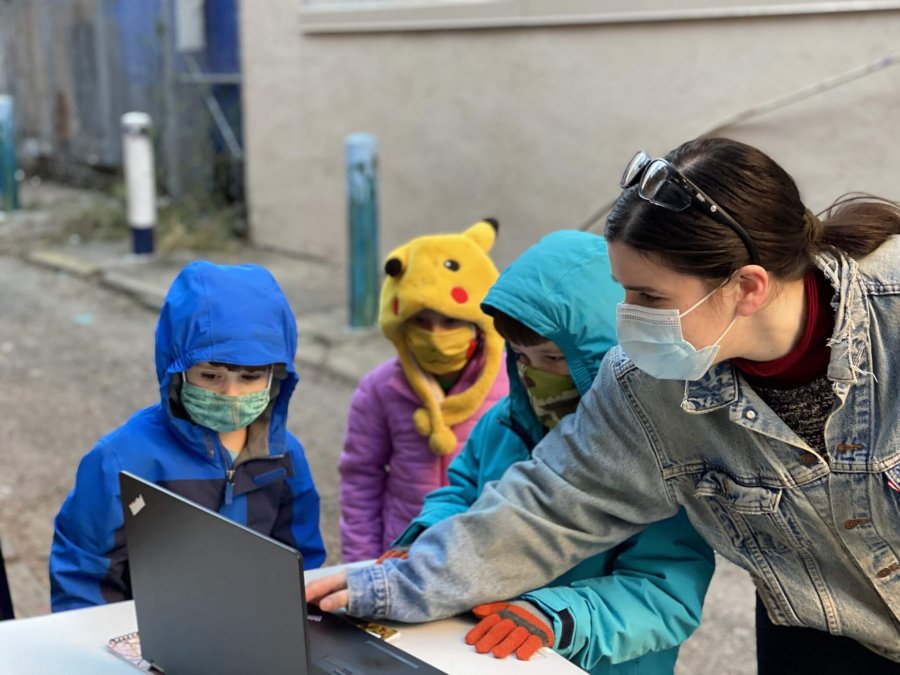
What’s a birthright? Who gets it? How does our tone and feelings affect our interactions and ability to manage conflict? We explored these questions and more last week as our adventures with Yaakov and Eisav continued. In this story (Genesis 25: 29-34), Yaakov is home cooking lentil stew and Eisav comes in famished from outside. He demands some of Yaakov’s food. Yaakov agrees to feed him, but only in exchange for Eisav’s birthright. Thinking the birthright won’t do him any good if he’s dead, Eisav agrees to the trade.
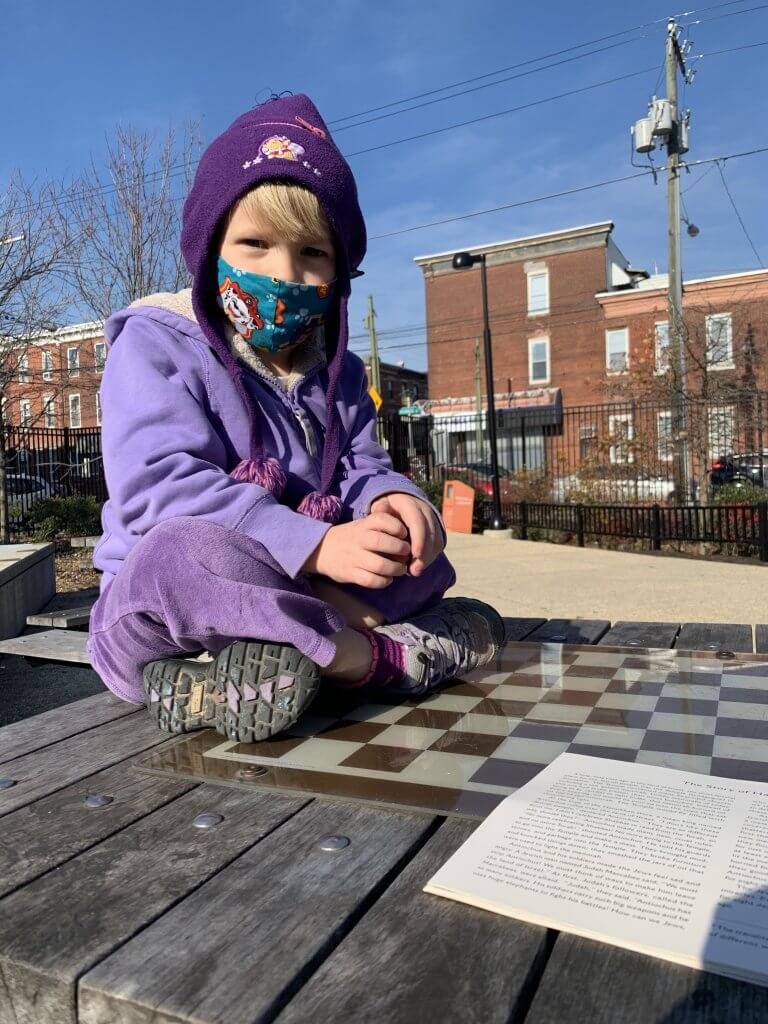
Here are some questions the Garinim (preK and K kiddos) had about this story:
- Why does Yaakov want to stay at home and not help his brother hunt?
- Does Yaakov still need to be strong to fight people even if he doesn’t like hunting?
- Who helped protect Eisav to make sure he wasn’t followed home by animals if Yaakov wouldn’t hunt with him?
- How could Yaakov even get the birthright if it’s like a law that it should belong to Eisav?
- What even is a birthright?
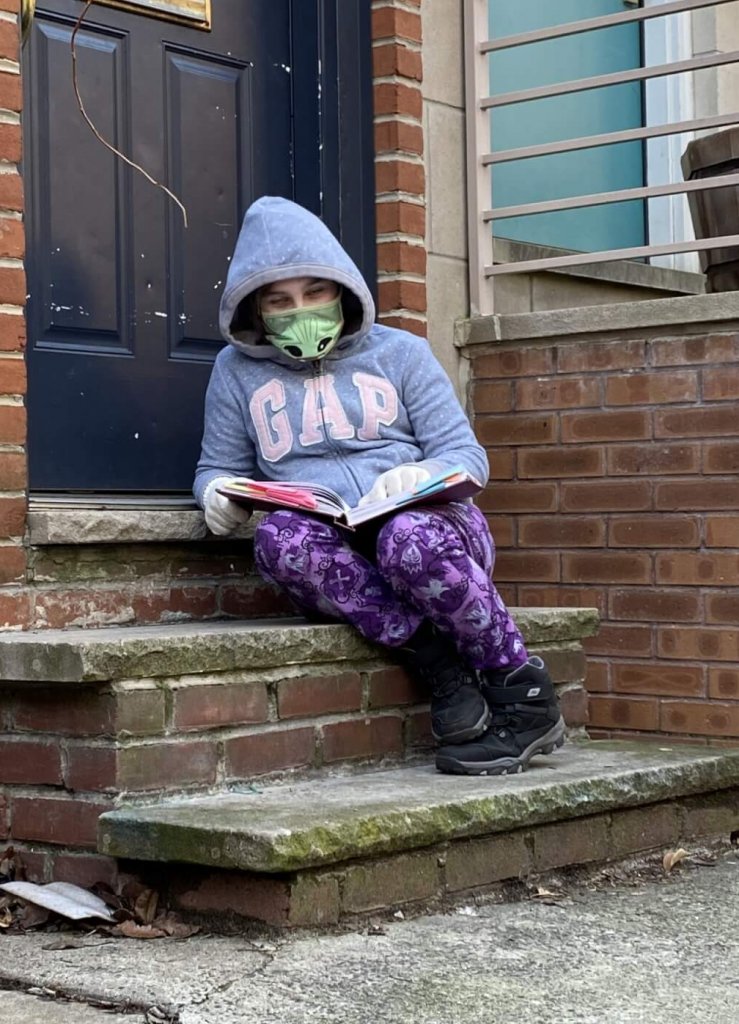
That last question is where we started: what is a birthright? We discussed how in biblical times, a birthright was all or most of the parents’ possessions that were transferred to the oldest male child upon the parents’ death. The Shorashim (1st and 2nd graders) thought that the rules around birthrights, and the whole situation in general, was pretty strange…
- I think that a birthright is a better thing than just some soup.
- Why does Yaakov even want the birthright? He can just get other things.
- Food is more important to get than sheep and houses.
- I would not make that trade, I do not like lentils.
Then we dug into this moment of a questionable business deal. How do you think Yaakov and Eisav feel about each other based on this interaction?
- Before this happened I think they were already against each other.
- Afterwards they probably feel a little nicer to each other because they give each other things that they each want or need.
- But Eisav is probably angry and decides that he wants his birthright back after he’s not hungry anymore.
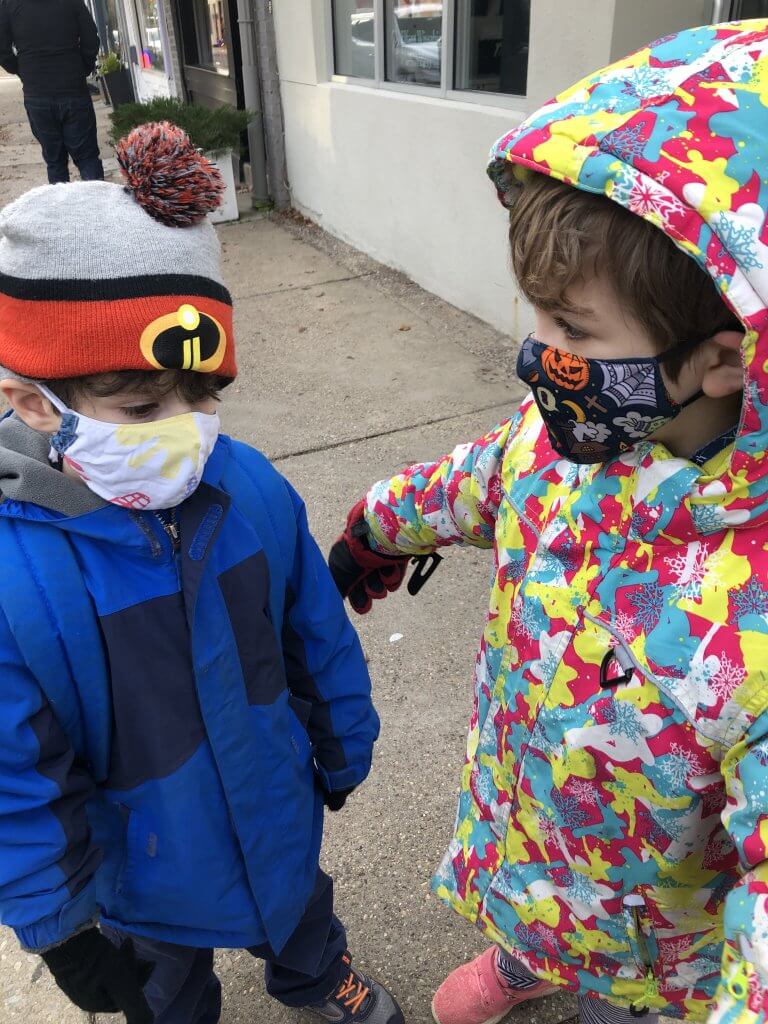
The Garinim had a lot of interesting ideas about the possible emotions Yaakov and Eisav were experiencing during this interaction, and how the expression of those emotions might have affected their relationship. We explored the ways that feelings and vocal tone can change a request. Kids practiced saying the sentence “May I please have a cookie?” in ways that conveyed different emotions. Then we imagined what Eisav might have been feeling when he asked for food from Yaakov and how that could have sounded:
- Exhausted, weak, tired
- Impatient, frustrated
- Kind, polite
How might Yaakov have responded to each of these tones of request?
- If Eisav sounded tired and weak, Yaakov might have felt sad, worried, or concerned.
- If Eisav sounded impatient, Yaakov might have felt scared, angry, or sad.
- If Eisav sounded kind and polite, Yaakov probably would have felt pretty good about it.
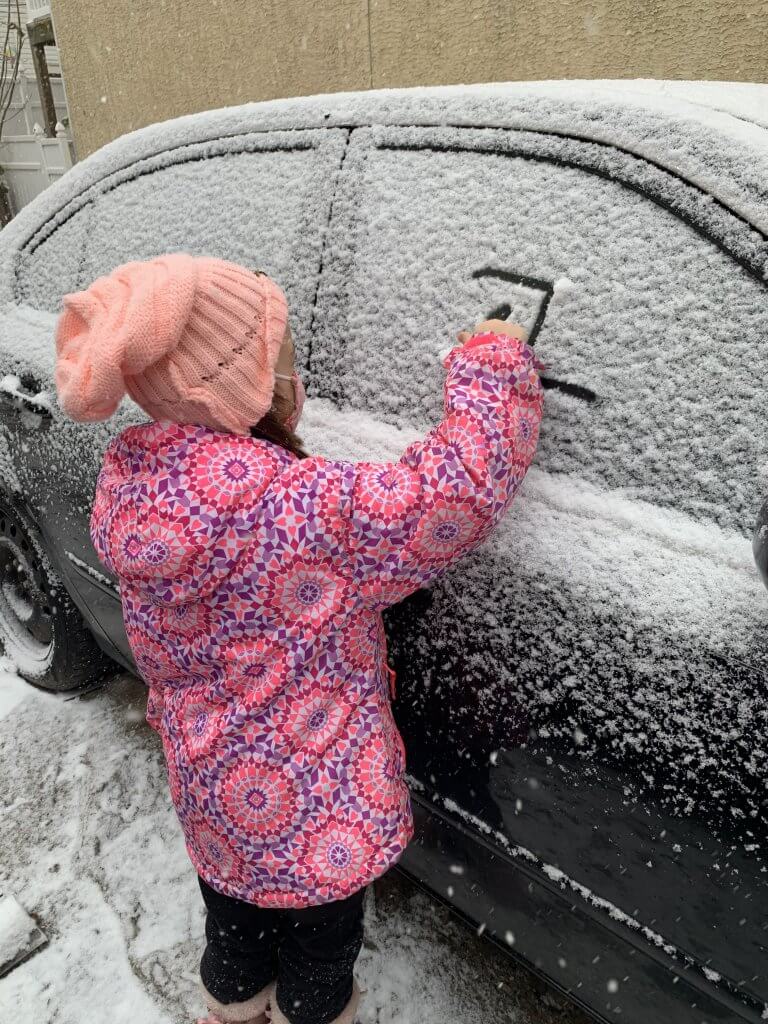
The Nitzanim (3rd and 4th graders) also unpacked the ways our emotions often affect how we speak to people around us. We reflected on how, in the Yaakov and Eisav story so far, there is lots of miscommunication, and some pretty high emotions. How could this have been avoided? Our learners had some theories:
- Think about what you’re going to say before you say it.
- If the thing you’re going to say isn’t appropriate, breathe for a moment.
- Think about how what you say is going to affect the other person.
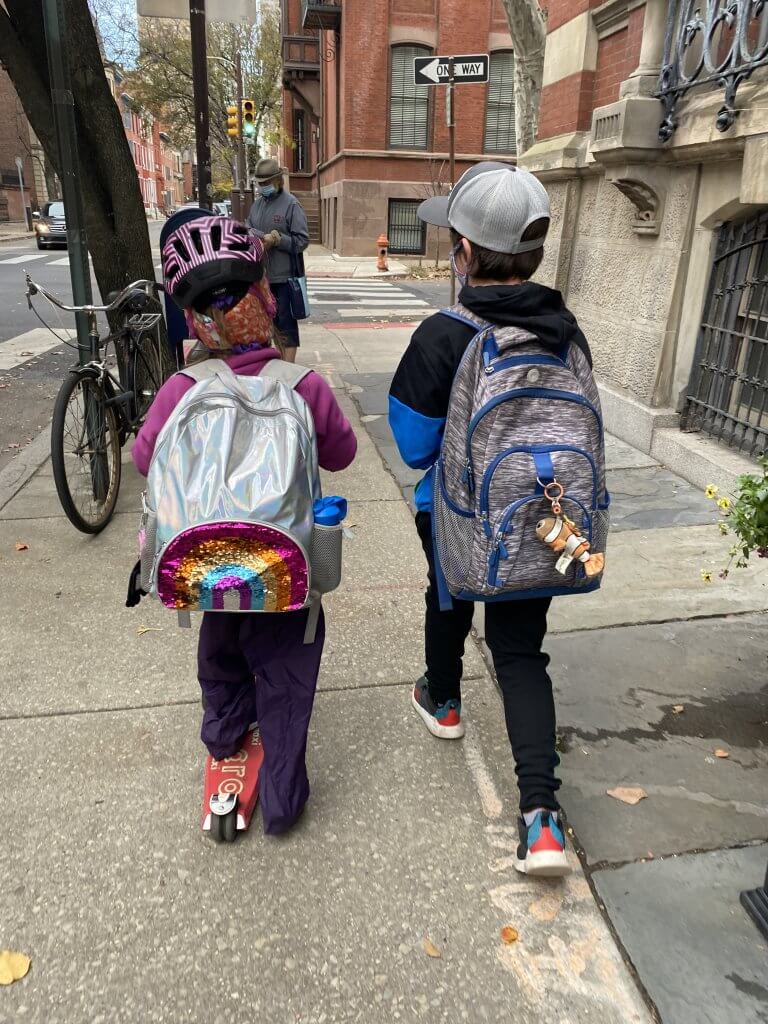
The Nitzanim reflected back on two weeks ago when we learned that Yitzchak and Rivkah chose favorites between their sons, and the effects that their feelings as parents had on the kids’ relationship. From the influence of God’s prophecy about the older son serving the younger, we speculated that Rivkah was experiencing a lot of strong emotions about her children and the way their relationship should be. Those feelings lead her to make some questionable choices to push that relationship in a particular direction. We zoomed out from the story and connected these ideas to our world today. Right now, a lot of people are feeling extra big or difficult feelings because of the pandemic. It behooves us to both respond to other’s feelings with kindness and also to pay extra attention to how feelings are affecting our words and our actions.
